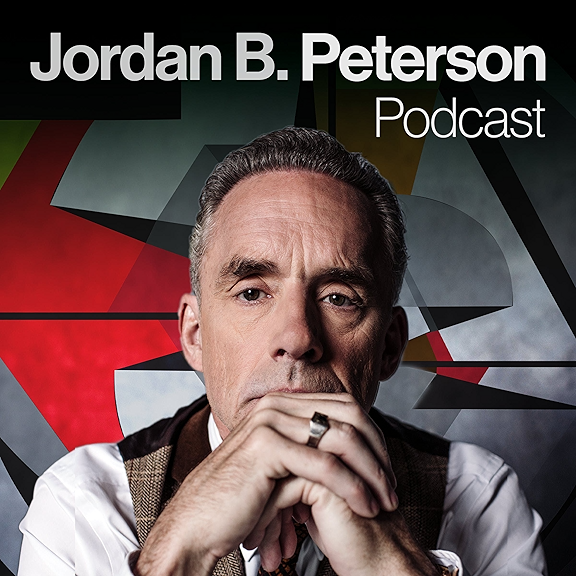
Apocalypse Now: Walter Benjamin and the Legacy of Jewish Political Messianism
Prof Richard Wolin (City University of New York)
CCLS Lecture Theatre (Queen Mary, University of London, Lincoln’s Inn Fields Campus)
How can one explain the fact that Walter Benjamin’s youthful essay on political violence, “The Critique of Violence” (1921), has, among representatives of the post-political “academic left” (Derrida, Zizek, Agamben), acquired canonical status? What did Benjamin mean when, referring to the Old Testament (Numbers 16, 1-32), he praised the expiatory powers of “divine violence,” which, as he puts it, “strikes privileged Levites, strikes them without warning . . . and does not stop short of annihilation”? Lastly, how might one explain the uncanny fact that, some fifty years later, Benjamin’s political Messianism became a significant intellectual point of reference among left-wing terrorists, such as the leaders of Germany's Baader-Meinhof Group?
Richard Wolin is Distinguished Professor of History and Political Science at the GraduateCenter of the City University of New York. Among his books, which have been translated into ten languages, are: Heidegger’s Children: Hannah Arendt, Karl Löwith, Hans Jonas, and Herbert Marcuse, The Seduction of Unreason: the Intellectual Romance with Fascism from Nietzsche to Postmodernism and The Wind From the East: French Intellectuals, the Cultural Revolution and the Legacy of the 1960s which was recently named by the Financial Times as one of the ten best History Books of 2012. He frequently writes on intellectual and political topics for the New Republic, the Nation, and Dissent.




















